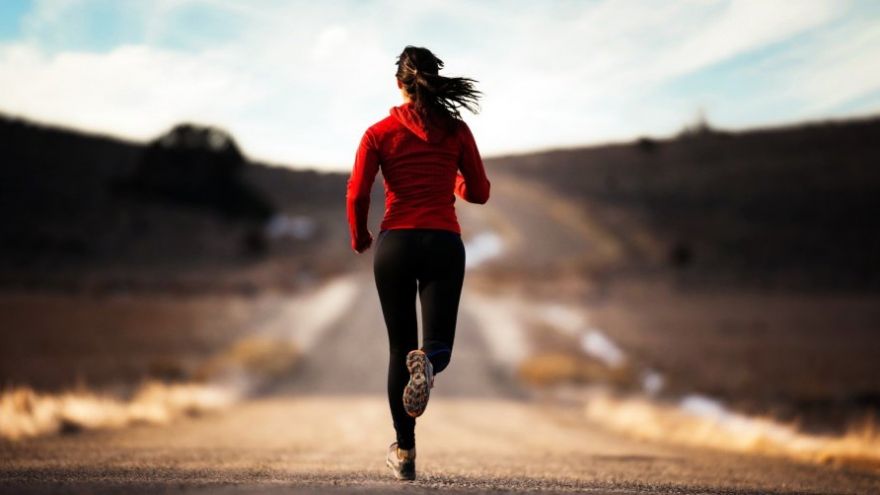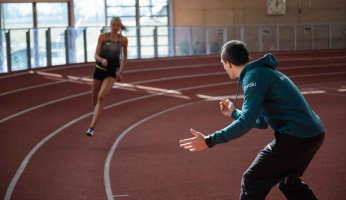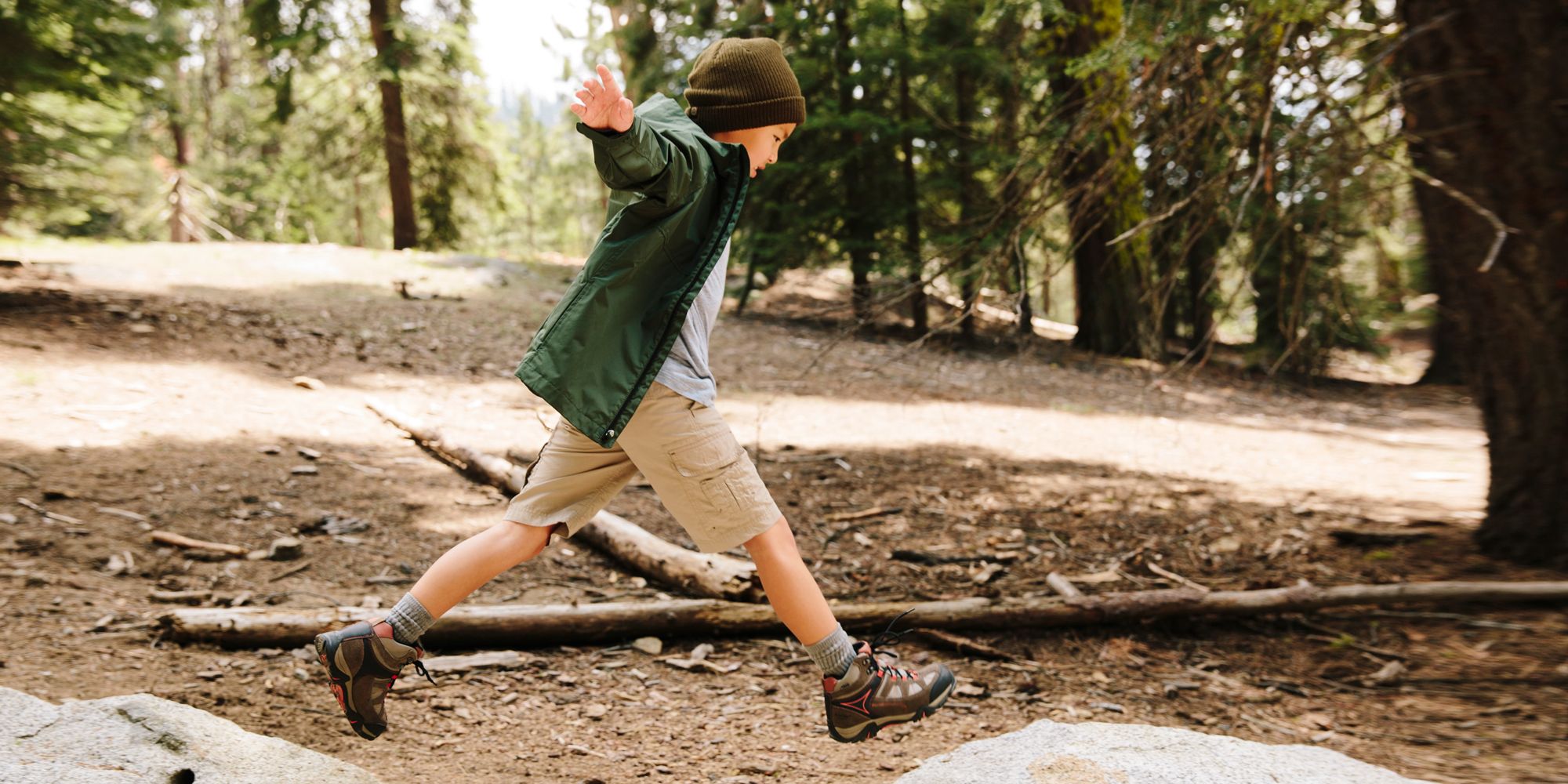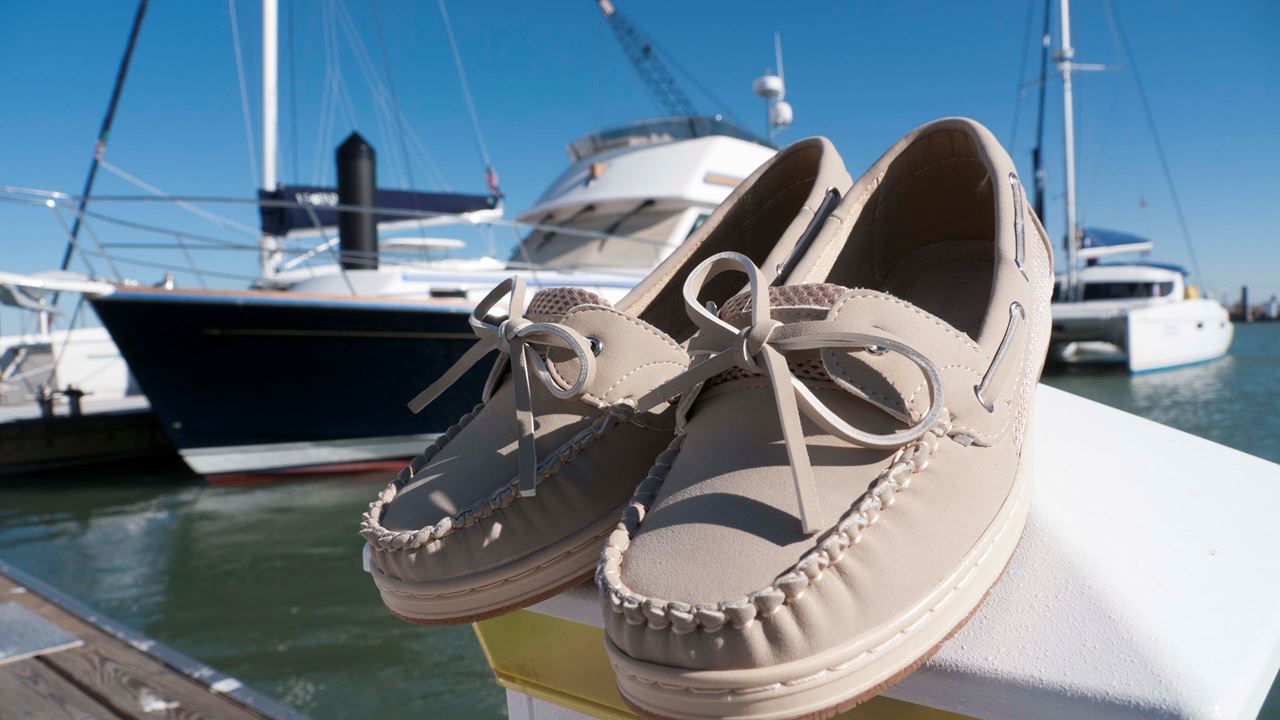How Does Running Affect The Body?

Running is an activity that has been a part of my life for as long as I know. For the people who have children, you know a child will run everywhere if you allow them to. I think that ideal for children goes on until they become a teenager. Children have so much energy that running is one of the most efficient ways for them to burn it. Well, that is how I think of it.
Have you ever gone running and afterward you feel like you can take on the world? Or have the energy to make your day great? Or now that you have gone for your daily run your mind is clear and you feel a little more relaxed?
This is what running does to my body. It allows me to release my stress to the pavement, boost my mood and energy, and jump-starts my metabolism to burn calories throughout the day.
The Muscles Involved
Running is a total body workout, but there are some muscles that do a little more work than others. This includes the muscles that are in the limbs that help to propel you forward, keep you upright, and absorb shock.
These muscles include:
- Core muscles
- Hip flexors
- Glutes
- Quadriceps
- Hamstrings
- Calf muscles
The core muscles are the muscles that run along your back into your abdomen and down to your groin. These are the muscles that keep you upright. They allow you to maintain the running, sitting, and standing position.
The hip flexors wrap around the hip from the groin up to the back. This muscle helps you to lift your knee and thigh up while running.
The glutes are the largest muscle in the body. They make sure you are in an upright position and are the counterbalance to the core muscles. The glutes also keep the knees, hip, and back aligned.

The muscles that lift the runner’s leg and make up the 4 muscles along the front of the thigh are the quadriceps. The quadriceps is the muscle group that works in conjunction with the hamstrings in maintaining the motion of running.
Calf muscles are the spring like muscles in the back of the leg that assist in propelling the runner forward. The calf helps with agility, balance, and absorbing the force of the foot hitting the ground.
Building Muscle
Going for a run can help you build muscle, but the opposite of that is muscle breakdown. In the article by Van De Walles (2020), whether running builds or breaks down muscle is largely dependent on how long the run is and how strenuous the run is on the body.
High-intensity interval training (HIIT), sprinting, and running exercises can assist in the building of muscle. While long-distance running, such as 6.2, 13, and 26.1 miles, can prompt muscle breakdown. This breakdown can last for up to 3 days after a distance run.
Nutrition
This is why it is imperative to make sure you prep your body for runs. You can do this by making sure you are consuming a balanced diet that consists of enough protein, carbohydrates (carbs), fats, and hydration.
Protein (to build muscle)
- 0.64-0.91 grams of protein/lb or 1.4–2 grams/kg
- Example: a 150 lbs (68.2 kg) individual will need to consume 96-137 grams of protein
Carbohydrates and Fats
- 45% to 65% of caloric intake should be from carbs
- 20% to 35% of calories should be fats
Water intake
- 125 ounces (3.7 liters) and 91 ounces (2.7 liters) per day
- This is the recommended amount for men and women 19 years of age and older who get hydration from food and water coupled with the average amount of activity
Remember, a balanced diet consists of a colorful plate. Always try to include fruits, nuts, legumes, vegetables, and healthy proteins in your diet.
Burn Some Calories
Running is an excellent exercise to help maintain cardiovascular health, maintain healthy blood sugar levels, maintain weight, and alleviate stress. This does not include the after burn, calories that are still being burned from recovery and daily muscle use.

On average, an individual who is approximately 120 lbs (54.4 kg) will burn around 11 calories a minute per mile run. While someone who weighs 180 lbs (81.6 kg) burns approximately 17 calories per minute. These estimates are based on weight, but how intense your running exercise is may also play a role in the calories that are burned.
Boost a Mood
Let’s just say endorphins are your friend. They are your natural “happy” drug and exercise has the ability to increase the release of endorphins into the system. This is the “runners high.”

Running, like many other exercises, can mimic the effects of environmental stressors. This allows your body to adapt to and learn how to manage the feelings of these stressors. Focusing on your breathing, posture, and the task at hand, allows you to take your mind off of the stress in the world around you. The breath is one of the most important components of relaxation and destressing.
Takeaways
✓ Running uses over half of the body to perform the workout
✓ Running can be used to build muscle
✓Running can be used to burn some major calories
✓ Running helps with stress relief and boost the mood
It seems to me, running is an all-around awesome exercise to include in your routine. When you are exercising there has to be balance, rest, and nutrition to prevent burnout, injury, and muscle breakdown.
Sources
- , What Muscles Get Used When You Run?, Health Website
- , Five Key Muscle Groups For Stronger Running, Fitness Website
- , How Many Calories Do You Burn Running a Mile?, Health Website
- , Exercise and stress: Get moving to manage stress, Clinic
- , Does Running Build or Break Down Muscle?, Health Website















